As anyone who follows me / us (our photography school) on Facebook will know, I recently purchased a new photographic camera system – camera body and lenses. However, it wasn’t an “upgrade”, it was, in fact a “downgrade” so I got myself a Canon 100D (Rebel SL1), which is the smallest, cheapest, lightest entry-level DSLR on the market today (Canon website classify it as: “camera for beginners”). Well, we will see!
Along with the body, I picked up an entry level Canon 18-55mm f/5.6 lens kit lens, as well as a Canon 55-250mm f/5.6 kit entry level telephoto lens, the cheapest entry level lenses in the world. For the moment I am only working with these 2 lenses.
Now, you may be wondering why I would make the change from a 5D Mark III DSLR to such a “cheap” and “beginners camera system” option. Well, the reason is that lately a lot of people seeing my images they had been only complimenting my camera leaving comments like “wow, your camera is so cool, so professional”, and asking all the time “what camera and lenses do you use”, etc.?
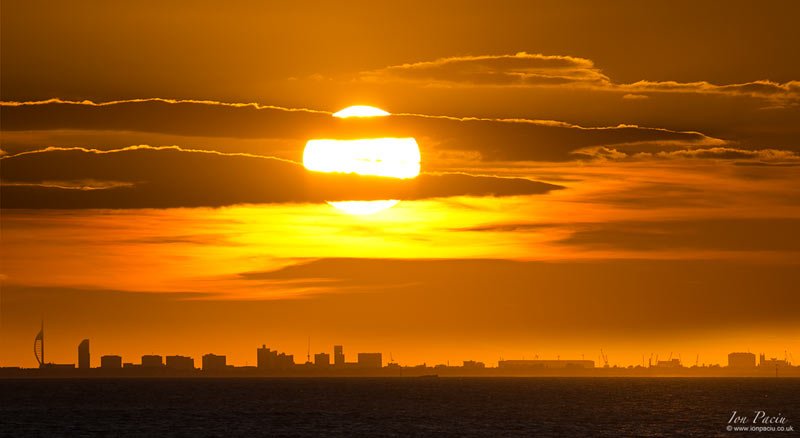
Sunset image taken with Canon 100D (Rebel SL1) + kit lens 55-250mm f/5.6 lens – Portsmouth Marina Emirates Spinnaker Tower
This bothered me somewhat because as a tutor and photography teacher I know that, even with the best tools in the world, you won’t take good photographs unless you are competent and skilled and you understand what exactly makes a good photograph (composition, light, good knowledge of exposure, knowing how to mix the settings effectively and optimise them, a good eye to details, etc.).
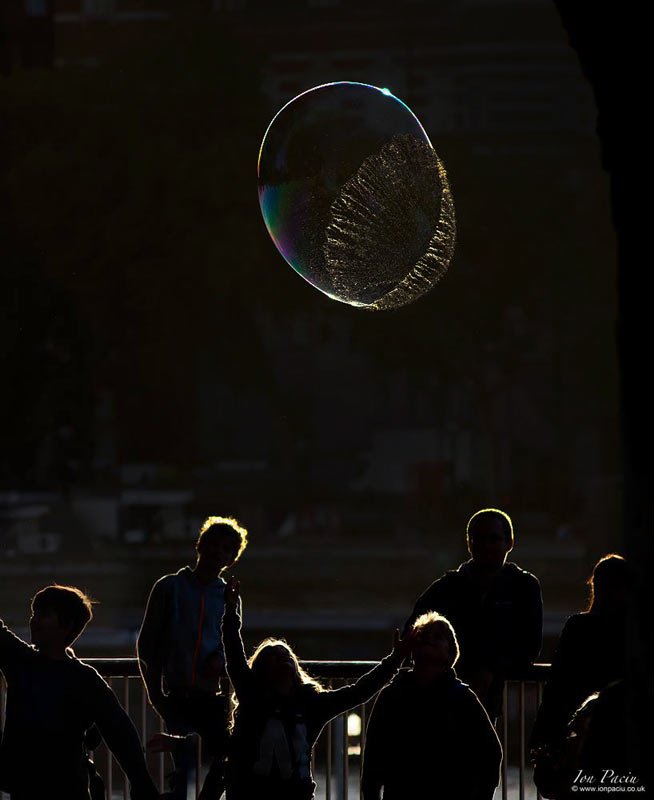
High Speed Photography – Soap Bubble Bursting – Canon 100D (SL1) + 55-250mm f/5.6 kit lens
When teaching my photography courses and workshops in London, I always used to tell students to focus on the things I was saying, on my practical demonstrations, on the topics of the course or workshop and not worry about the equipment I’m using, and to make the most of their equipment. I very often had to take my pictures during the courses and workshops with my students cameras to avoid any misunderstandings. Now, this was sorted out, almost all my students have a more expensive camera than mine, so things are much clearer now and no misunderstandings anymore.
My point is: Photography is not about the camera.
A camera is just a tool, having a more expensive camera does not make you a better photographer and will not produce better photographs, from the contrary, it will distract you from learning photography properly and make you think only “how cool” your camera is and that your images will better because you have a “great” camera.
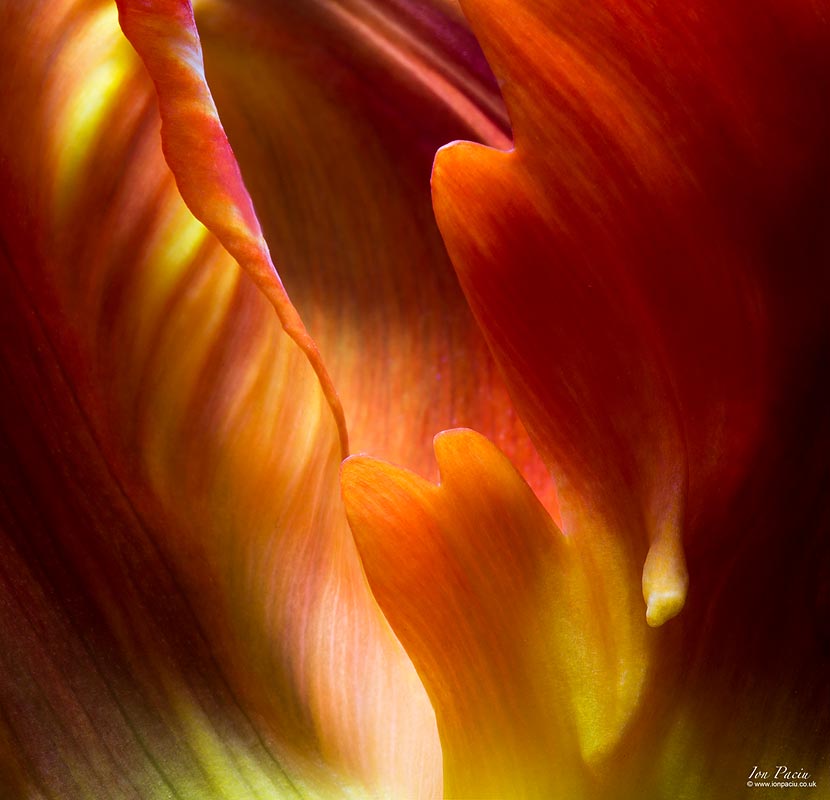
Macro image taken with Canon 100D (Rebel SL1)
But to take great photographs, one needs to understand what photography is about, one needs the skills and knowledge of light, composition, and to really understand how equipment works and knowing what to capture and when. Yes, the tools will make a difference (maybe) in some situations, (a more expensive camera with higher ISO and a more expensive lens with a larger aperture) but again, that is a technical limitation that might be only needed from time to time and usually only in extremely low light. But, a camera and a lens has not impact whatsoever on the aesthetics of a photographs, that’s down to the photographer, q100%!! And now have a look at my low light images and let’s see how a cheap non-professional camera will perform, will the skills prevail?
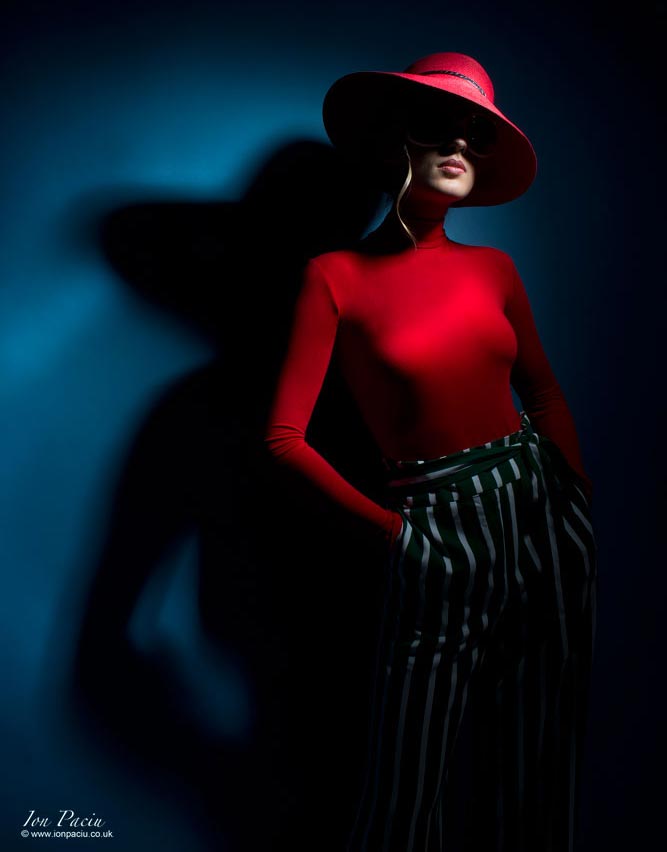
Fashion mage taken with Canon 100D (Rebel SL1) + kit lens 18-55mm – studio lights
But most most of the time the very small results obtain from different lenses / cameras in photography are indiscernible from one another if not examined under the microscope, at a pixel level of detail, an exaggeration of course. Below I uploaded 2 images taken with the 2 cameras: Canon 5d-Mark III + Canon telephoto 70-200mm f/2.8 IS USM Mark II versus Canon 100D (Rebel SL1)+ kit lens 55-250mm IS USM f/5.6, see the results for yourself, can you tell which one is which? I don’t think so.
If you want to take great photographs you need to train your eye to see like the camera so that you can compose an image entirely in your mind (eye) before you ever point the camera at the subject.
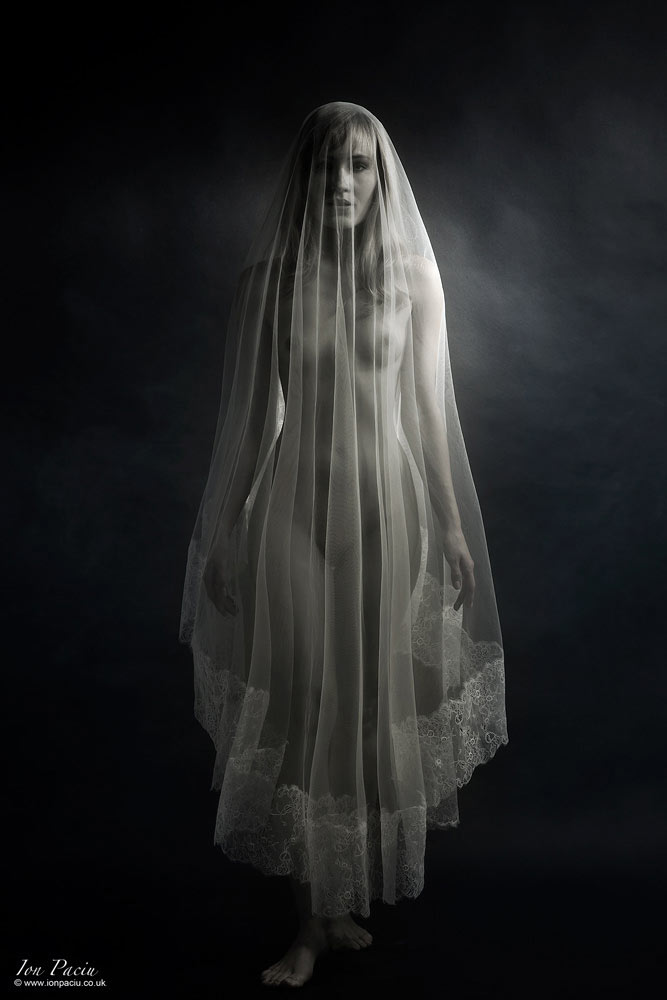
Art nude photography Canon 100D (Rebel SL1) + canon 18-55mm f/5.6 kit lens
Below are some images I have taken with my new, “cheap entry level beginner” camera. I hope they inspire you to get past the idea that the camera is the most important thing in photography and start viewing yourself and your skills and knowledge as the key element!
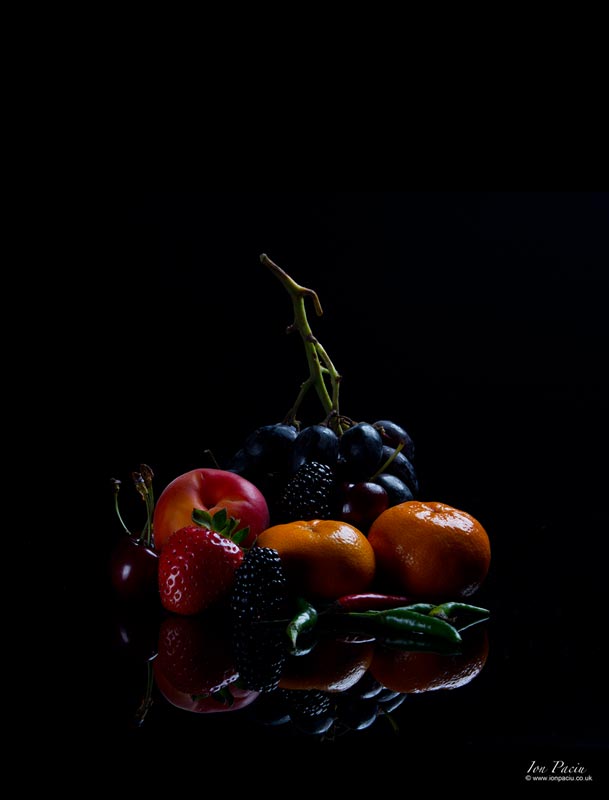
Food photography taken with Canon 100D (Rebel SL1) + kit lens 55-250mm f/5.6 lens
Having the right photographic equipment may be a prerequisite and paramount sometimes, but it’s not necessarily the end of the world, and it’s not what defines a great photograph, but the skills, and the knowledge of light, composition, and having a great trained “eye” and mind! It is the next 15 cm behind a camera that makes one great a good photographer!
Stop pixel peeping and start learning what makes a good photograph!
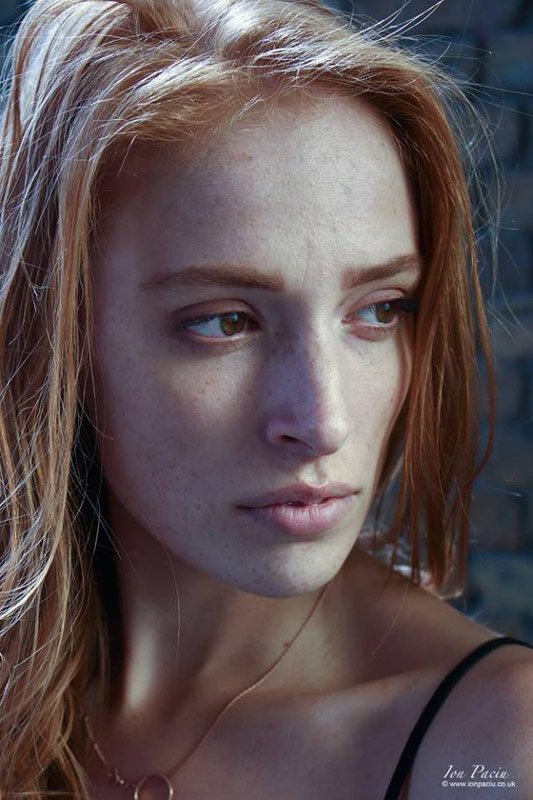
Portrait image taken outdoor natural light with Canon 100D (Rebel SL1) + 18-55mm f/5.6 kit lens
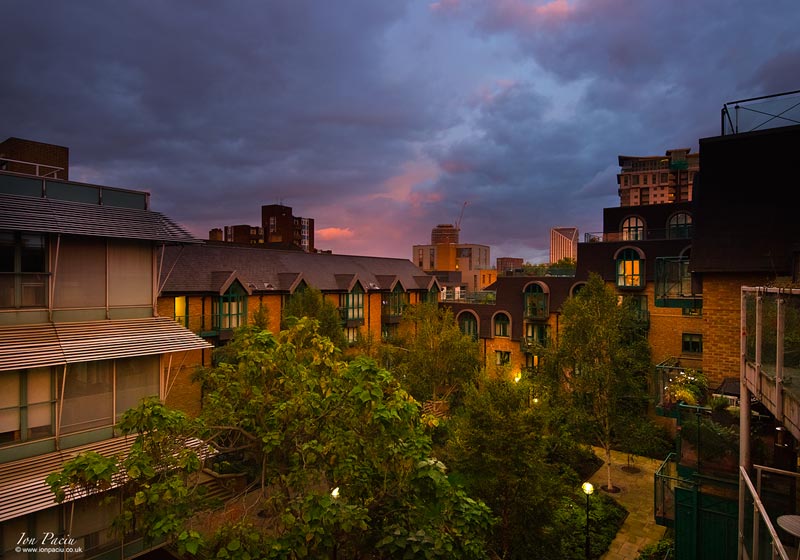
Sunset image taken with Canon 100D (Rebel SL1) + kit lens 18-55 @ f/5.6 lens
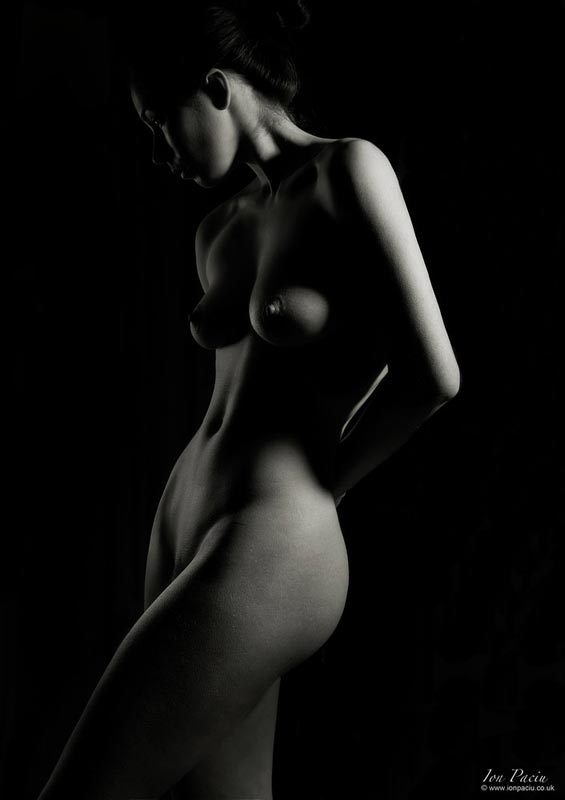
Art Nude Image taken in the studio with Canon 100D (Rebel SL1) + canon 18-55mm f/5.6 kit lens
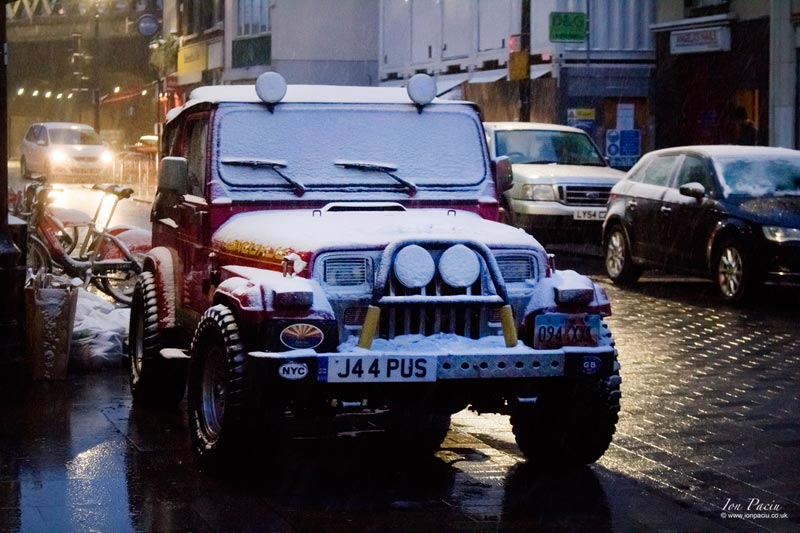
Snowy London – Lower Marsh – Waterloo – image taken with Canon 100D (Rebel SL1) + kit lens 18-55 @ f/5.6 lens
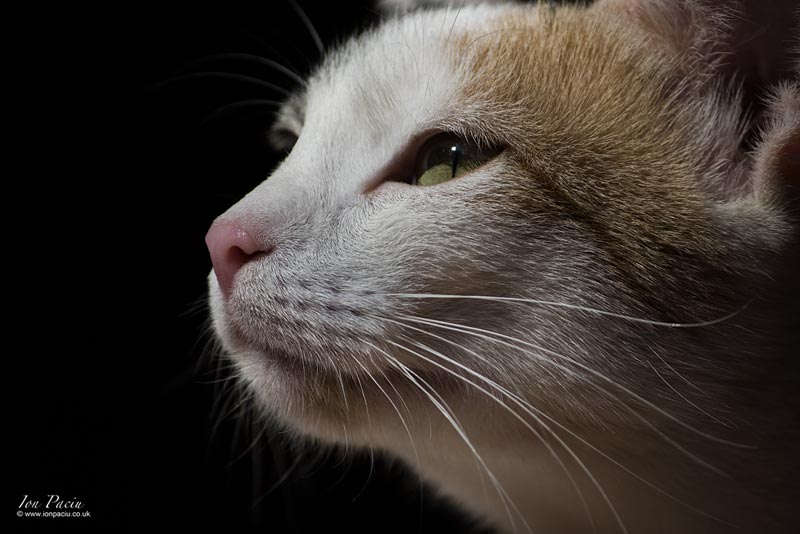
Cat photography, natural light, taken with Canon 100D (Rebel SL1) + kit lens 55-250mm f/5.6 lens
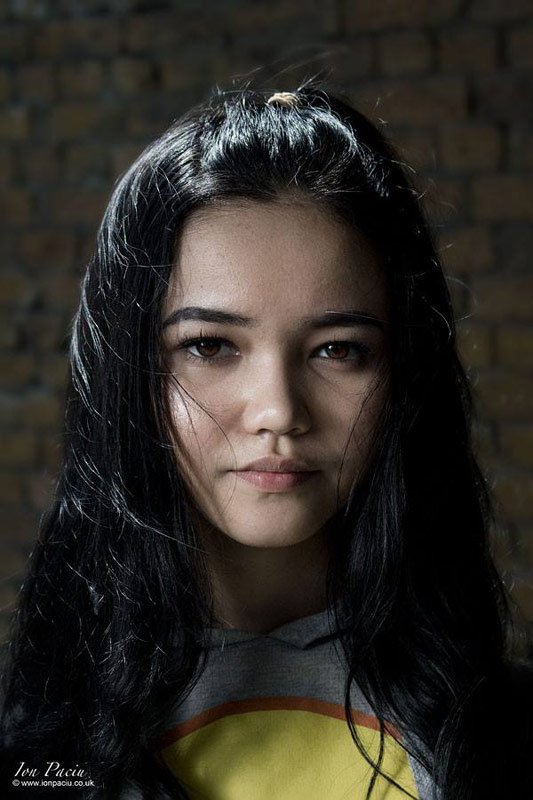
Portrait image taken outdoor natural light with Canon 100D (Rebel SL1) + canon 18-55mm f/5.6 kit lens
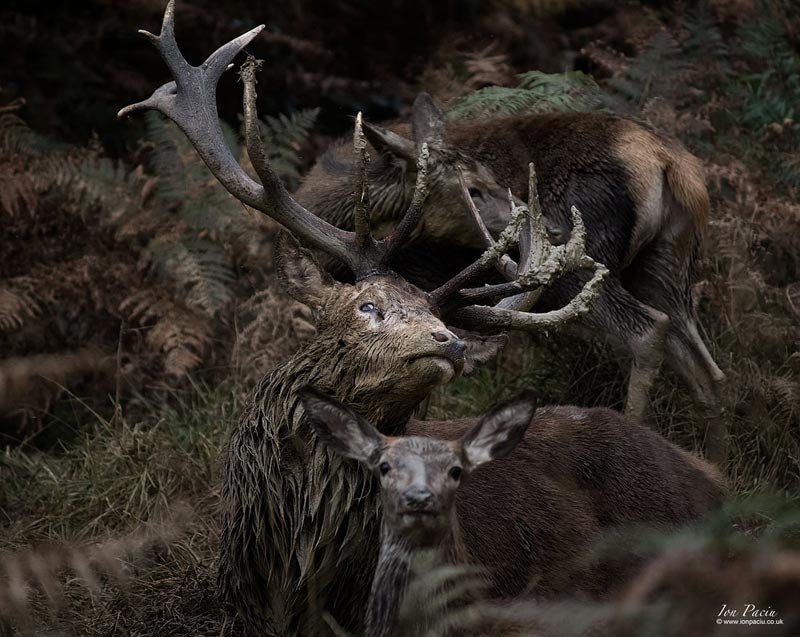
Wildlife photography in Richmond’s Park, taken with Canon 100D (Rebel SL1) + kit lens 55-250mm f/5.6 lens
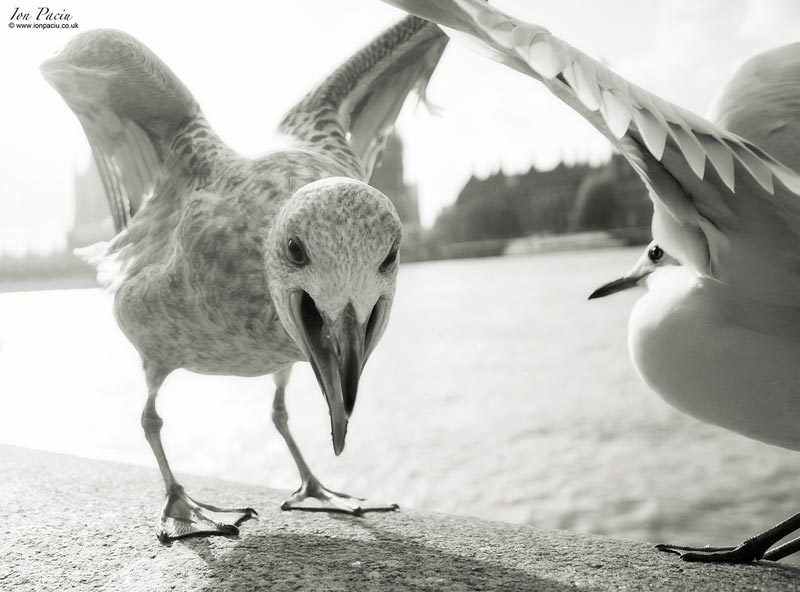
Seagull on the south bank in London 0 image taken with my 18-55mm kit lens.
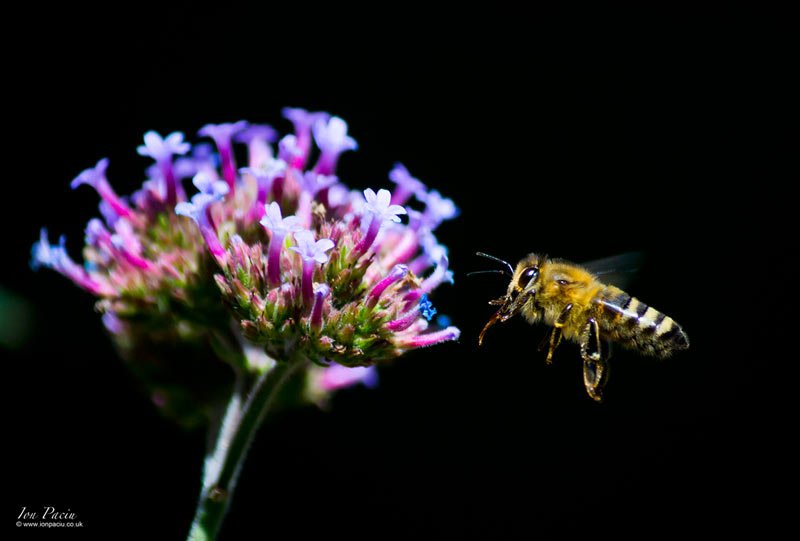
Image taken outdoor natural light with Canon 100D (Rebel SL1) + 18-55mm f/5.6 kit lens – Wasp flying around a flower
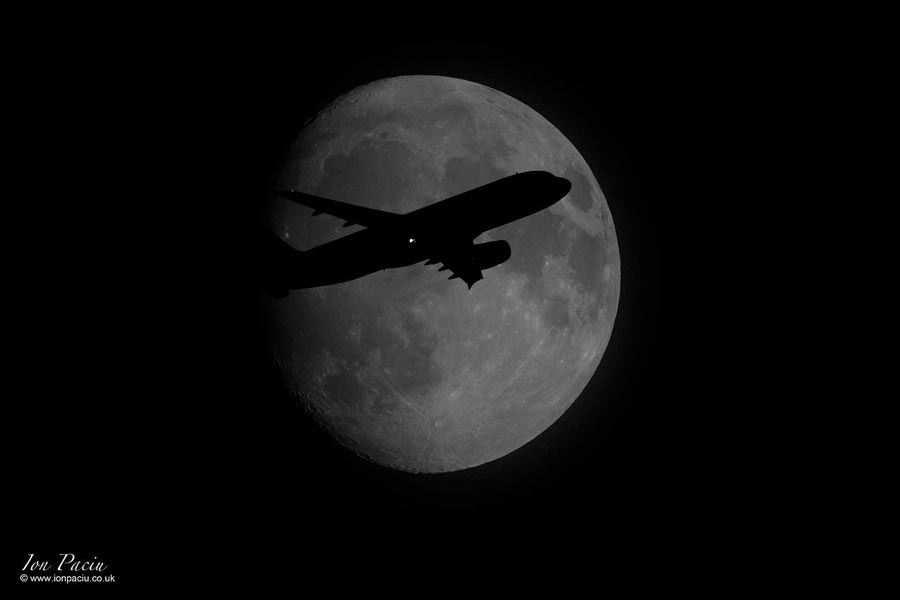
Moon photograph taken with Canon 100D (Rebel SL1) + kit lens 55-250mm f/5.6 lens
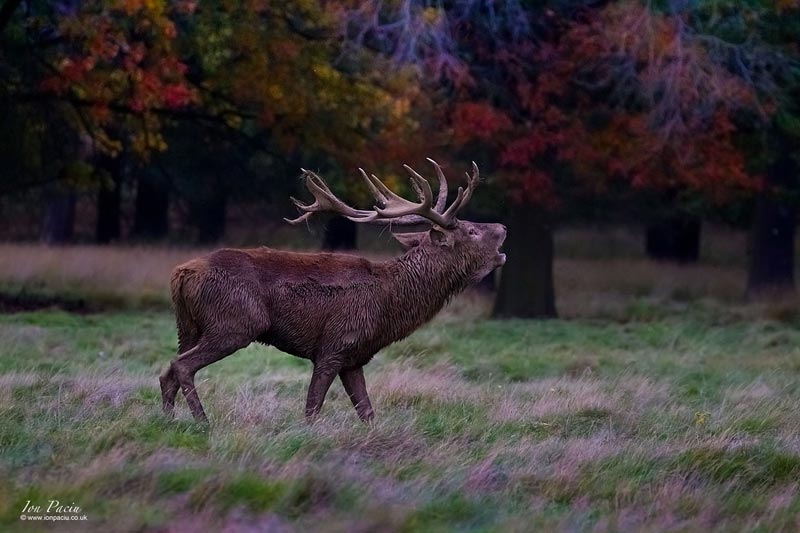
Wildlife photography in Richmond’s Park, taken with Canon 100D (Rebel SL1) + kit lens 55-250mm f/5.6 lens
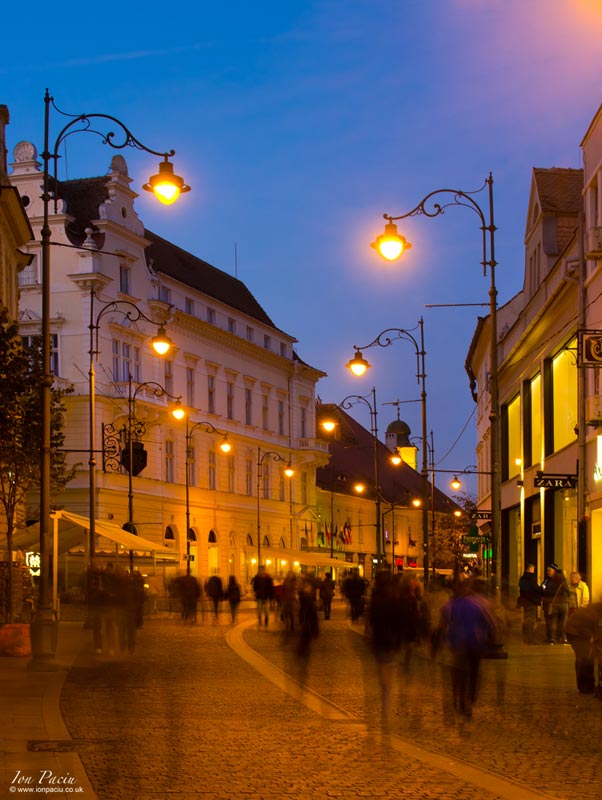
Night low light photography in Sibiu, Transylvania, Romania, from our photography holiday, Sept 2017 – taken with Canon 100D (Rebel SL1) + kit lens canon 18-55mm f/5.6 lens
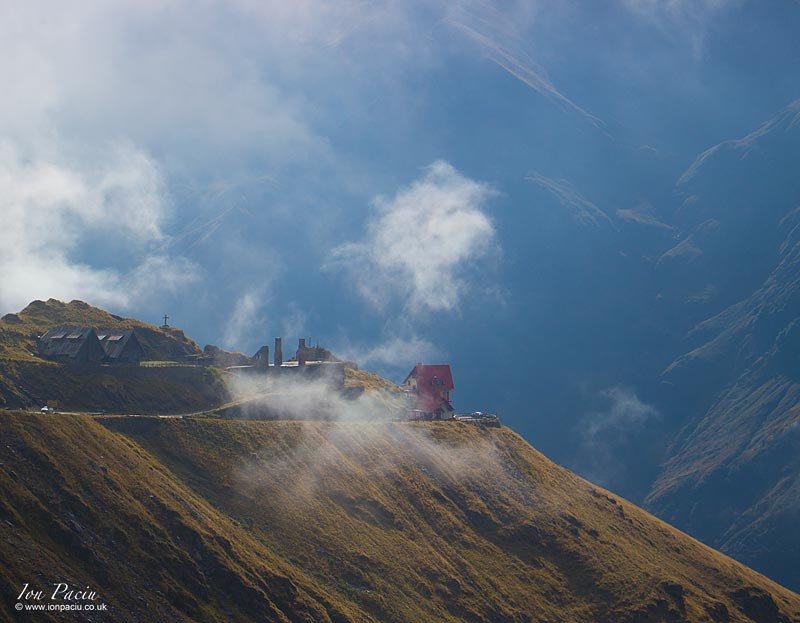
Image taken at Transfagarasean, Balea Lake, Romania during our photography holiday, Sept 2017 with Canon 100D (Rebel SL1) + kit lens canon 18-55mm f/5.6 lens
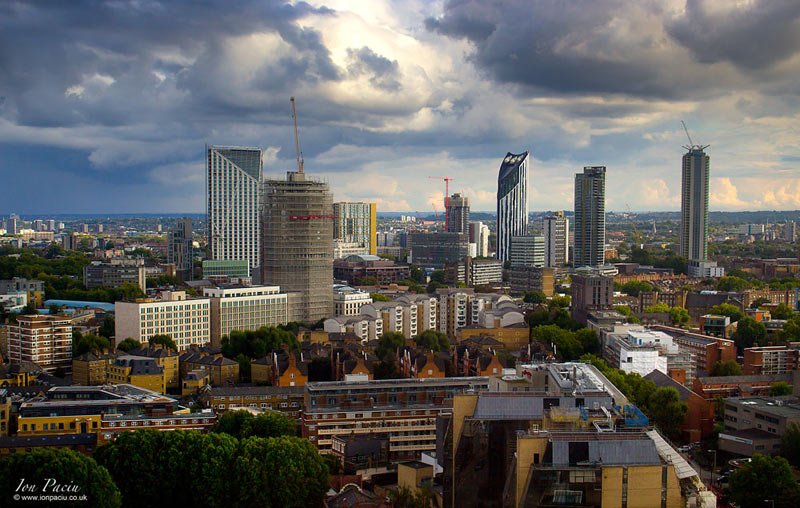
Image taken with camera Canon 100D (Rebel SL1) + canon kit lens 18-55mm f/5.6
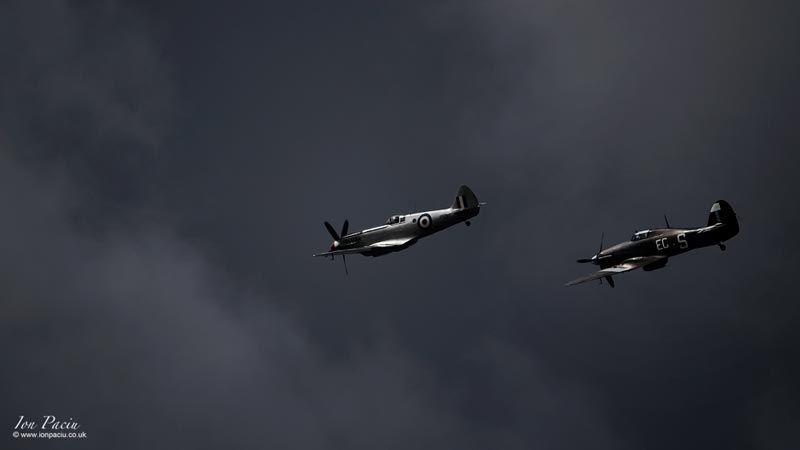
Aviation photorgaphy taken with Canon 100D (Rebel SL1) + canon kit lens 55-250mm f/5.6
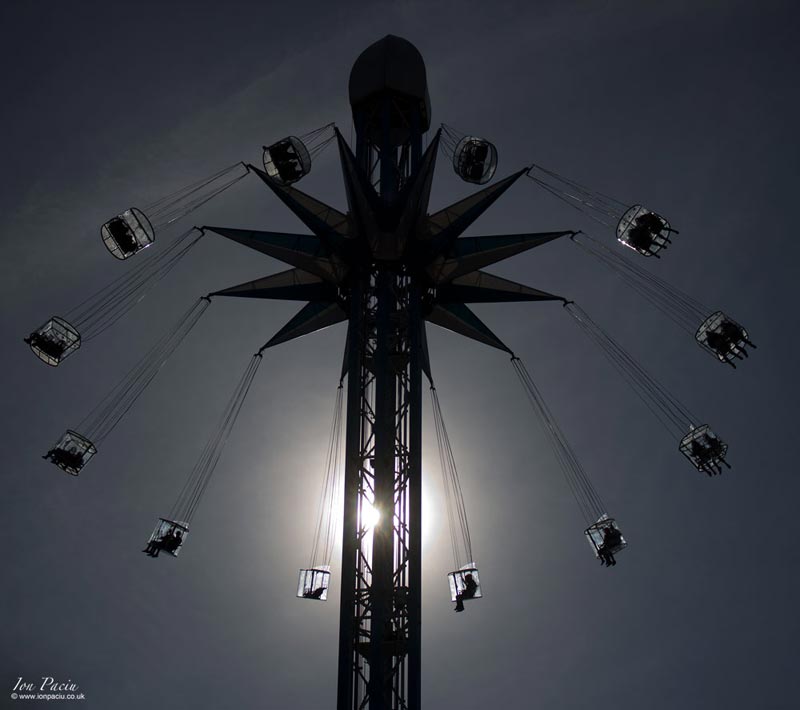
Chain carrousel photorgaphy taken with Canon 100D (Rebel SL1) + canon kit lens 18-55mm f/5.6
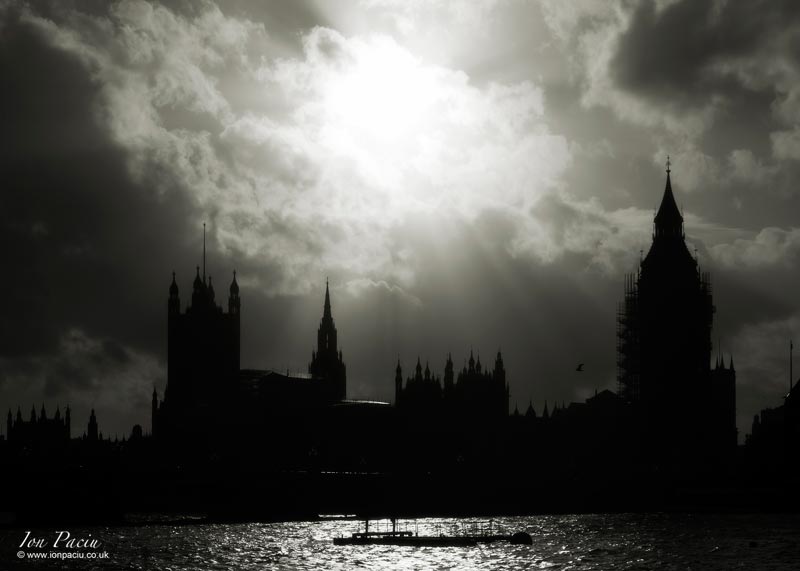
Big Ben Westminster Palace taken with Canon 100D (Rebel SL1) + canon kit lens 18-55mm f/5.6
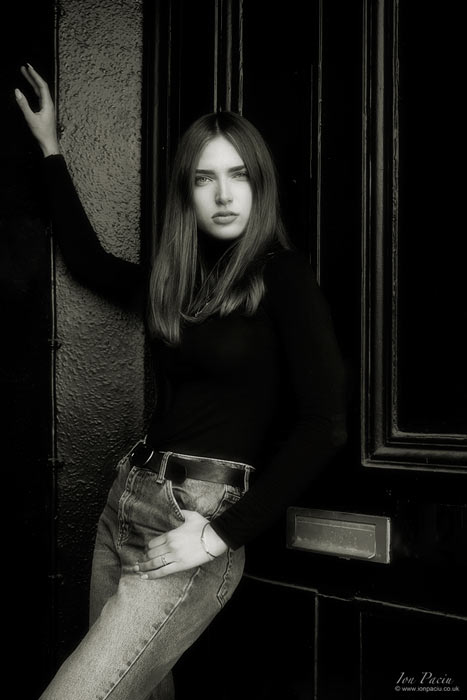
Fashion lifestyle portrait taken outdoor with natural light Canon 100D (Rebel SL1) + 18-55mm f/5.6 kit lens
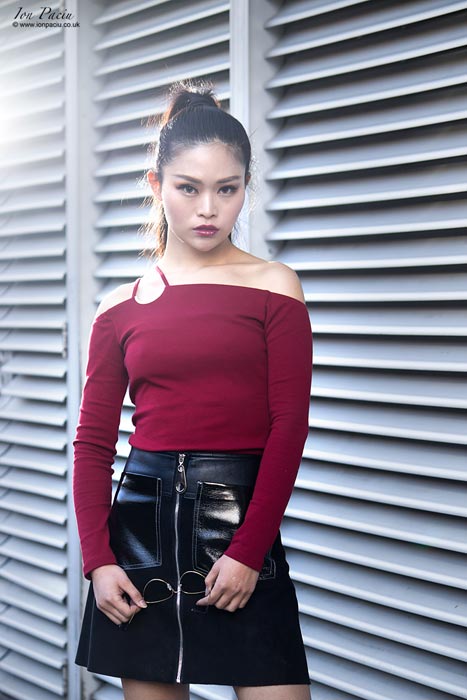
Fashion lifestyle portrait taken outdoor with natural light + a speedlite with Canon 100D (Rebel SL1) + 18-55mm f/5.6 kit lens
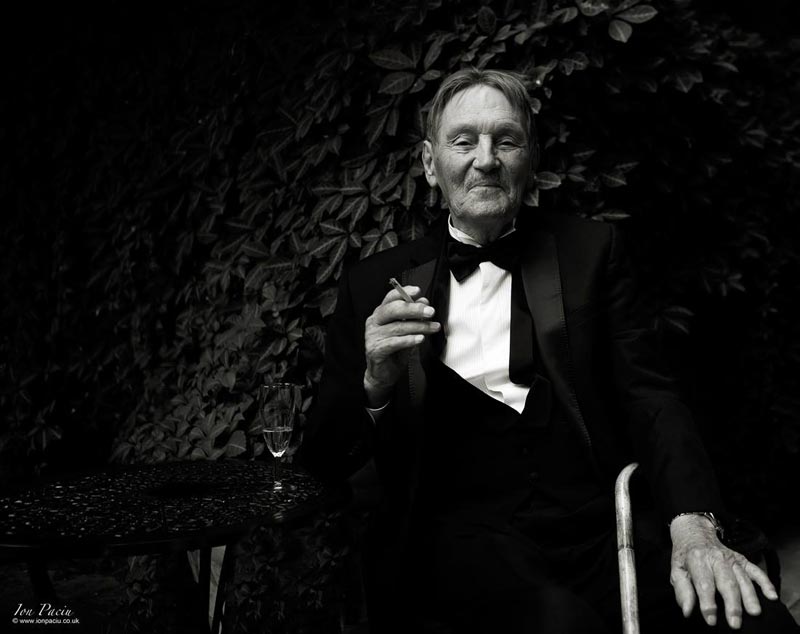
Lifestyle portrait taken outdoor in low light, with natural light and Canon 100D (Rebel SL1) + 18-55mm f/5.6 kit lens
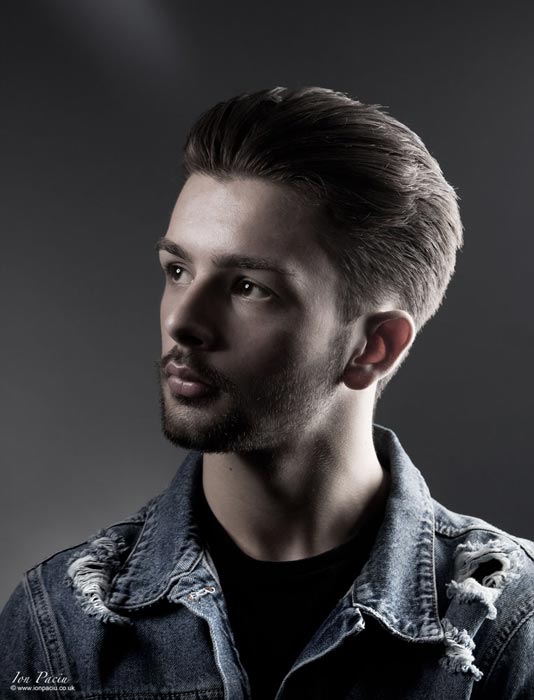
Portrait taken in the studio with Canon 100D (Rebel SL1) + 18-55mm f/5.6 kit lens
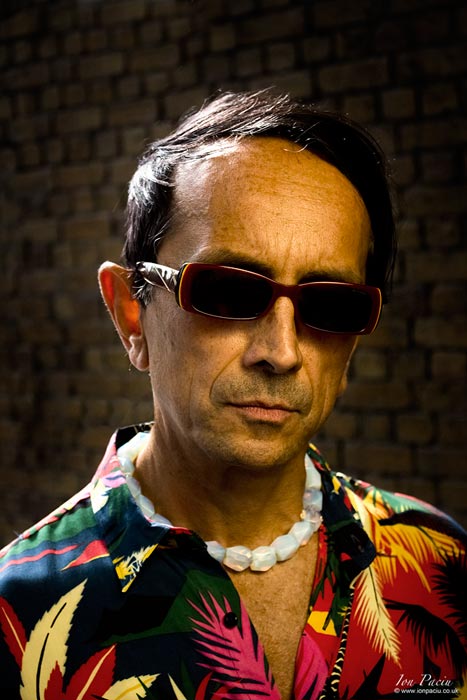
Portrait taken outdoor with natural light Canon 100D (Rebel SL1) + 18-55mm f/5.6 kit lens
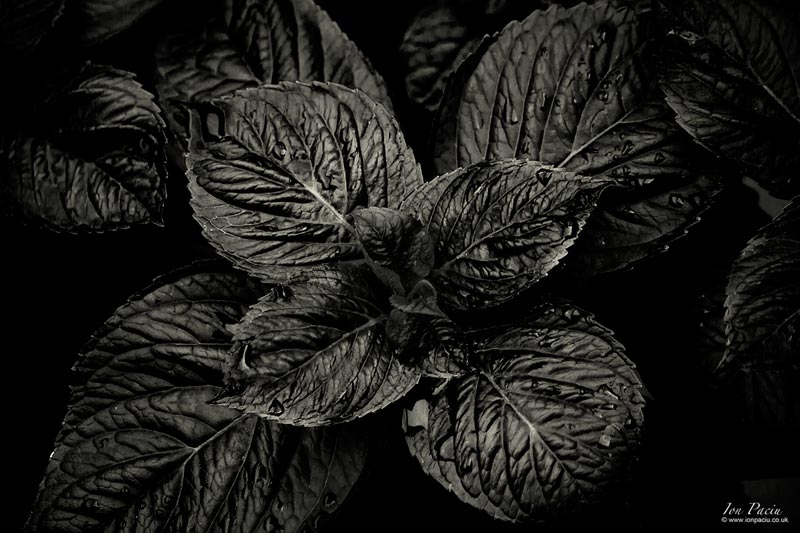
Nature photorgaphy, image taken with Canon 100D (Rebel SL1) + canon kit lens 55-250mm f/5.6
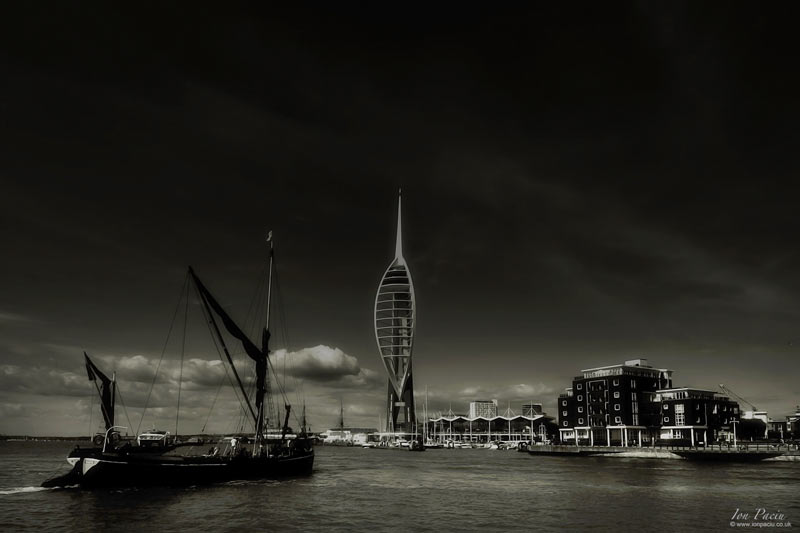
Image taken with Canon 100D (Rebel SL1) + 18-55mm f/5.6 kit lens – Portsmouth Marina Emirates Spinnaker Tower
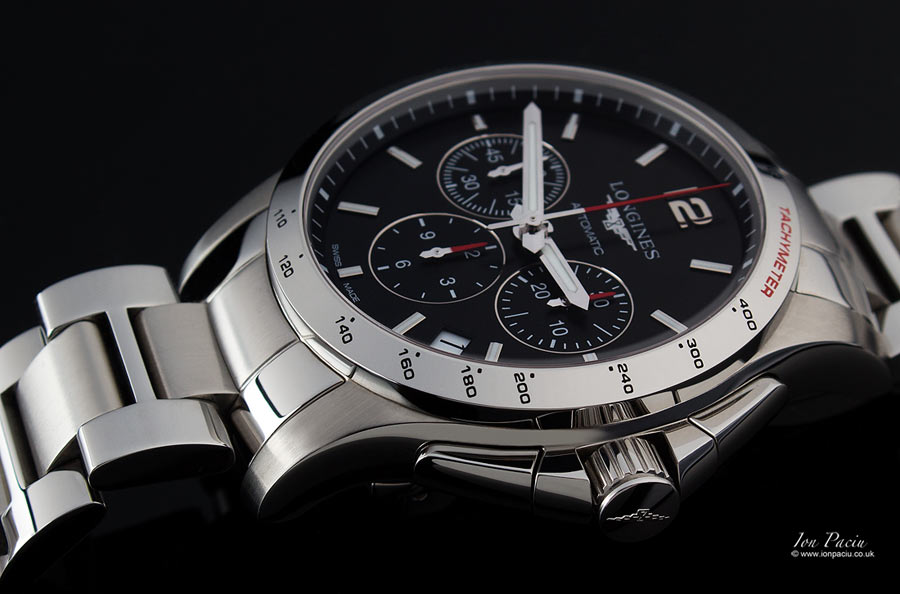
Closeup, watch image taken with Canon 100D (Rebel SL1) + 18-55mm f/5.6 kit lens
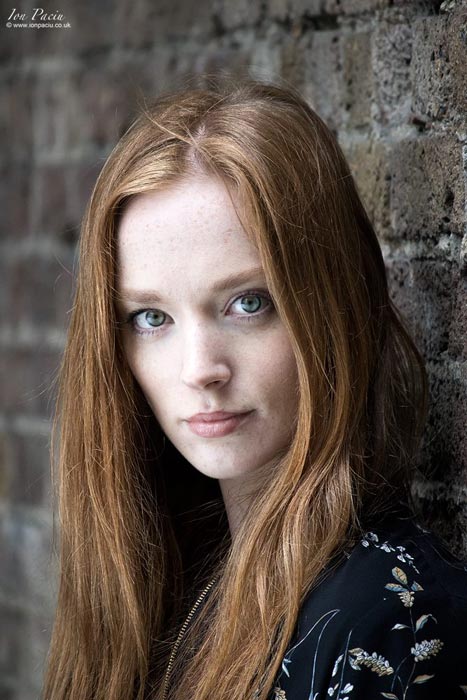
Portrait image taken outdoor natural light with Canon 100D (Rebel SL1) + 18-55mm f/5.6 kit lens
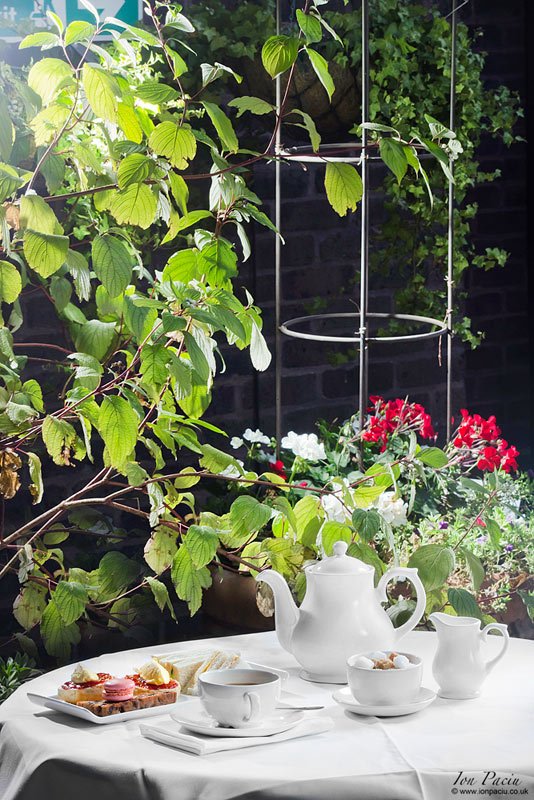
Afternoon Tea (commercial job)- Canon 100D (Rebel SL1) + 18-55mm f/5.6
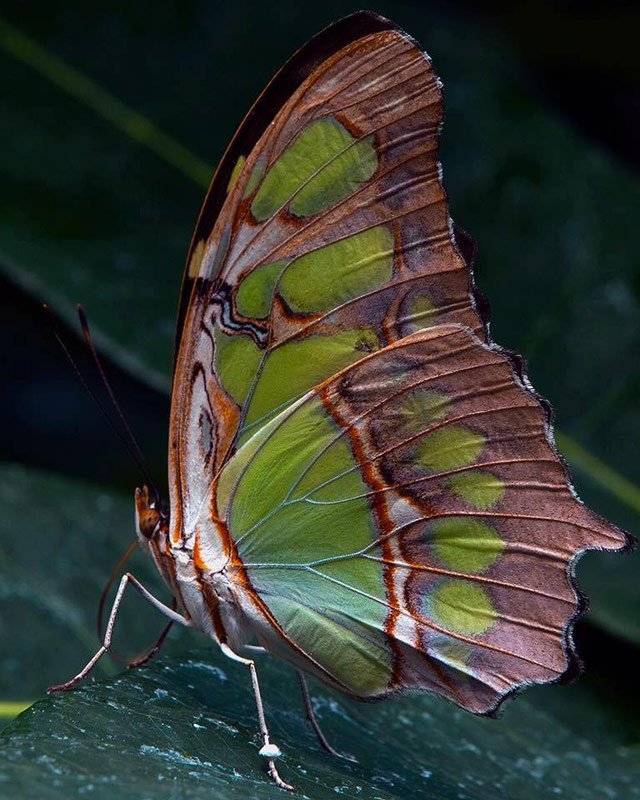
Butterfly Macro photograph taken by our student San Lim with the same camera Canon 100D (Rebel SL1) + canon lens 55-250mm f/5.6
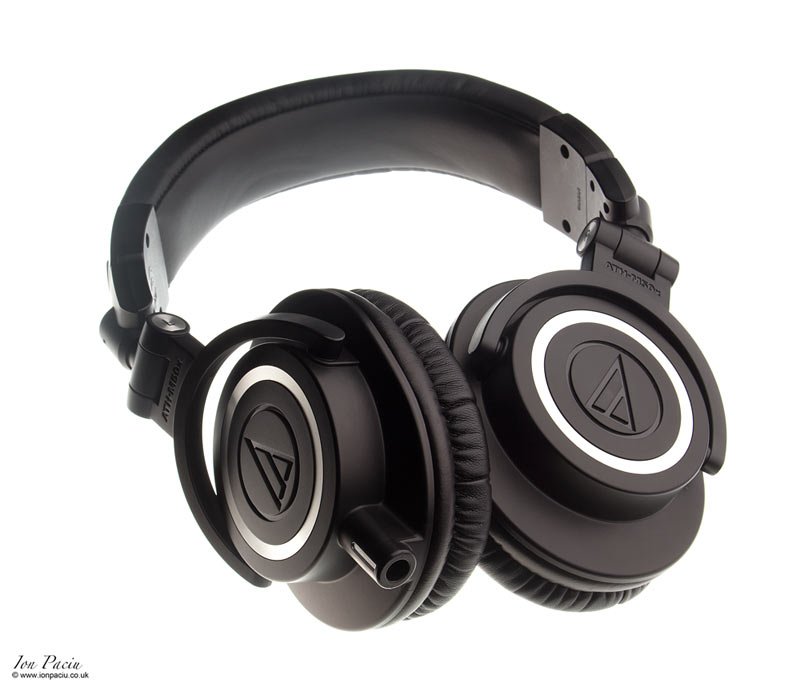
Product photography with Canon 100D (Rebel SL1) + kit lens Canon 18-55mm f/5.6
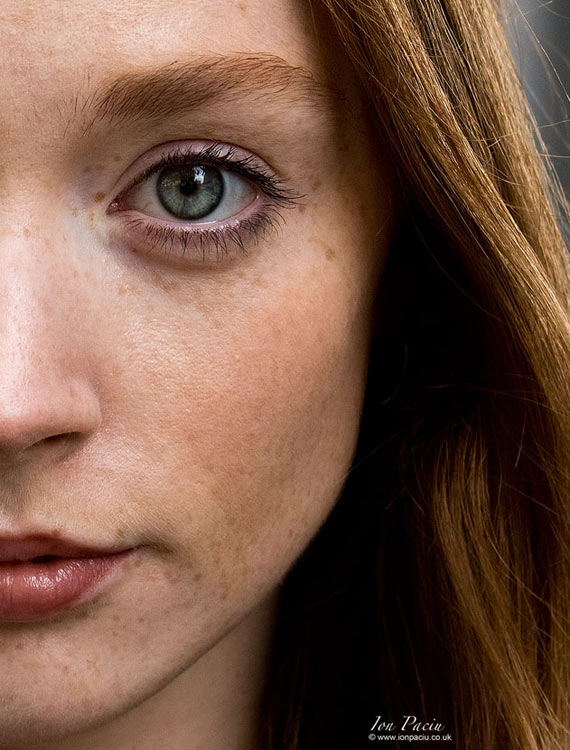
Close-up natural light portrait with Canon 100D (Rebel SL1) + 18-55mm f/5.6 kit lens – observe the level of details!
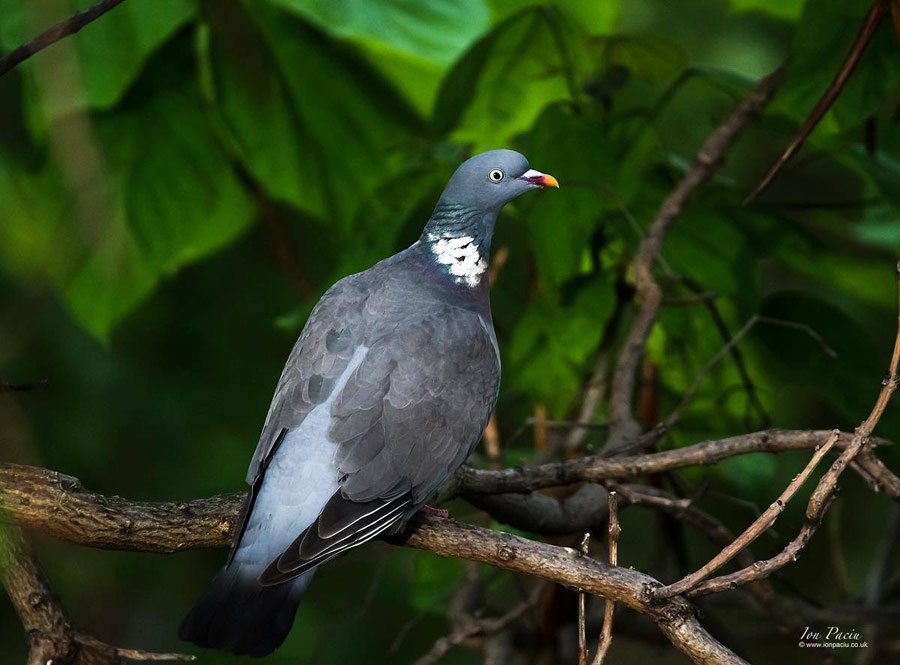
Pigeon Image taken from 25 meters distance outdoor natural light with Canon 100D (Rebel SL1) + a cheap telephoto Sigma lens
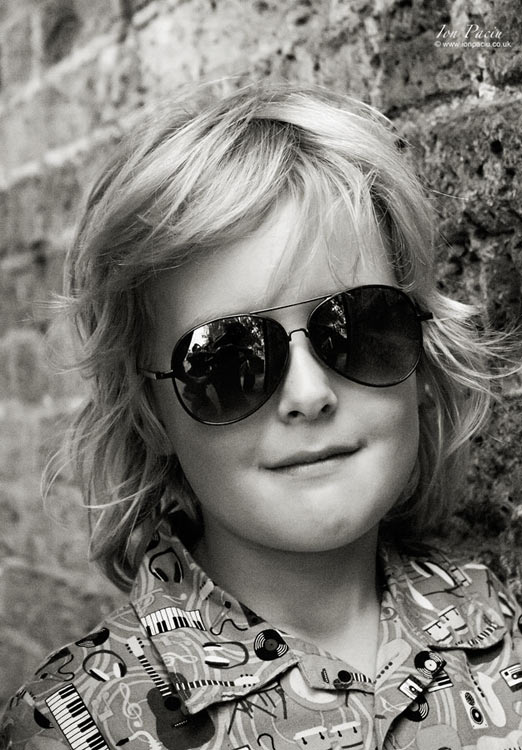
12,800 ISO – Portrait image taken outdoor natural light with Canon 100D (Rebel SL1) + canon 18-55mm f/5.6 kit lens at 12,800 ISO!
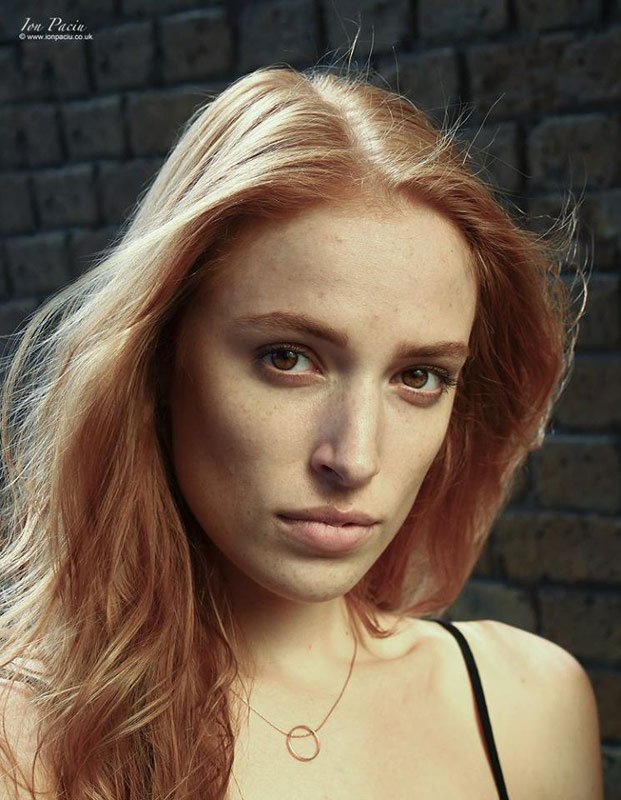
Portrait Image taken outdoor natural light with Canon 100D (Rebel SL1) + 18-55mm f/5.6 kit lens
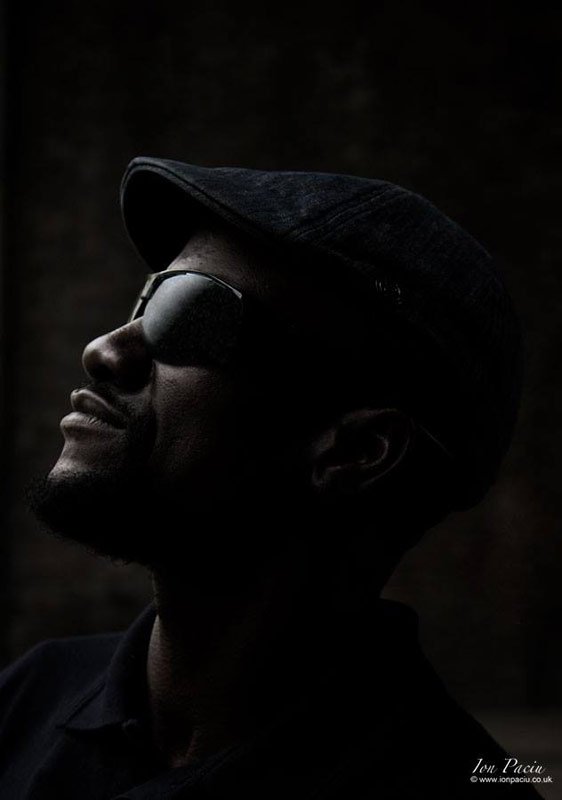
Portrait image taken outdoor natural light with Canon 100D (Rebel SL1) + canon 18-55mm f/5.6 kit lens
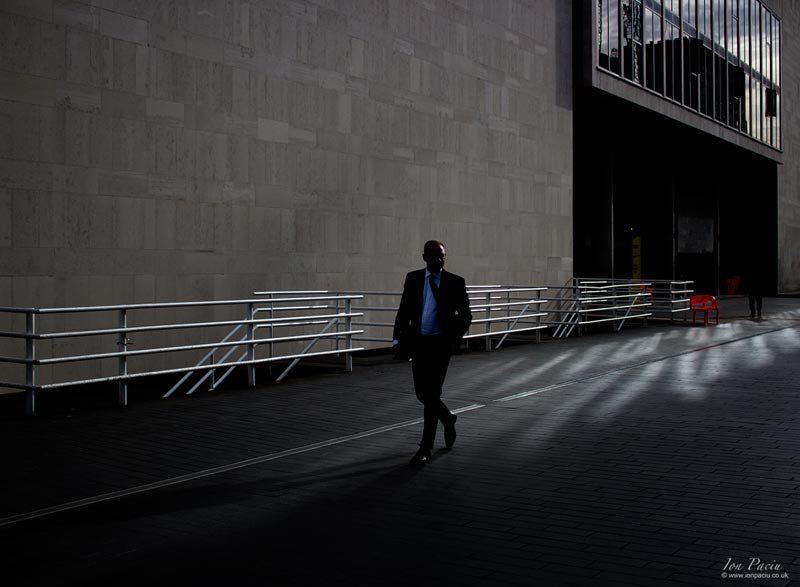
Street Photography outdoor natural light with Canon 100D (Rebel SL1) + 18-55mm f/5.6 kit lens
And here is a camera test: Canon 5d-Mark III + Canon telephoto 70-200mm f/2.8 IS USM Mark II versus Canon 100D + kit lens 55-250mm IS USM f/5.6.
See more info about this test here: https://www.photoion.co.uk/blog/camera-lense-test-canon-5d-markiii-versus-canon-100d/
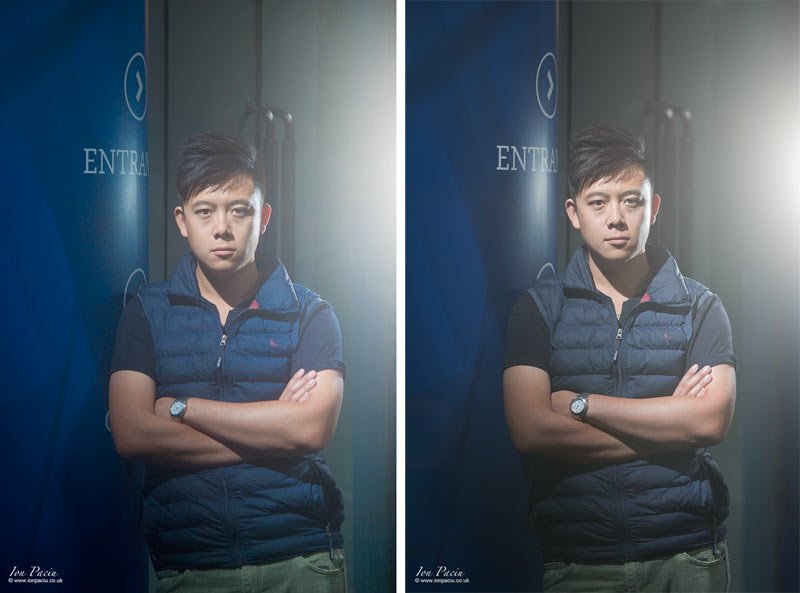
Camera test: Canon 5d-Mark III + Canon telephoto 70-200mm f/2.8 IS USM Mark II versus Canon 100D + kit lens 55-250mm IS USM f/5.6
If you wish to find out more about our photorgaphy school and how you can improve your photography skills please visit our photography courses and photography workshops pages

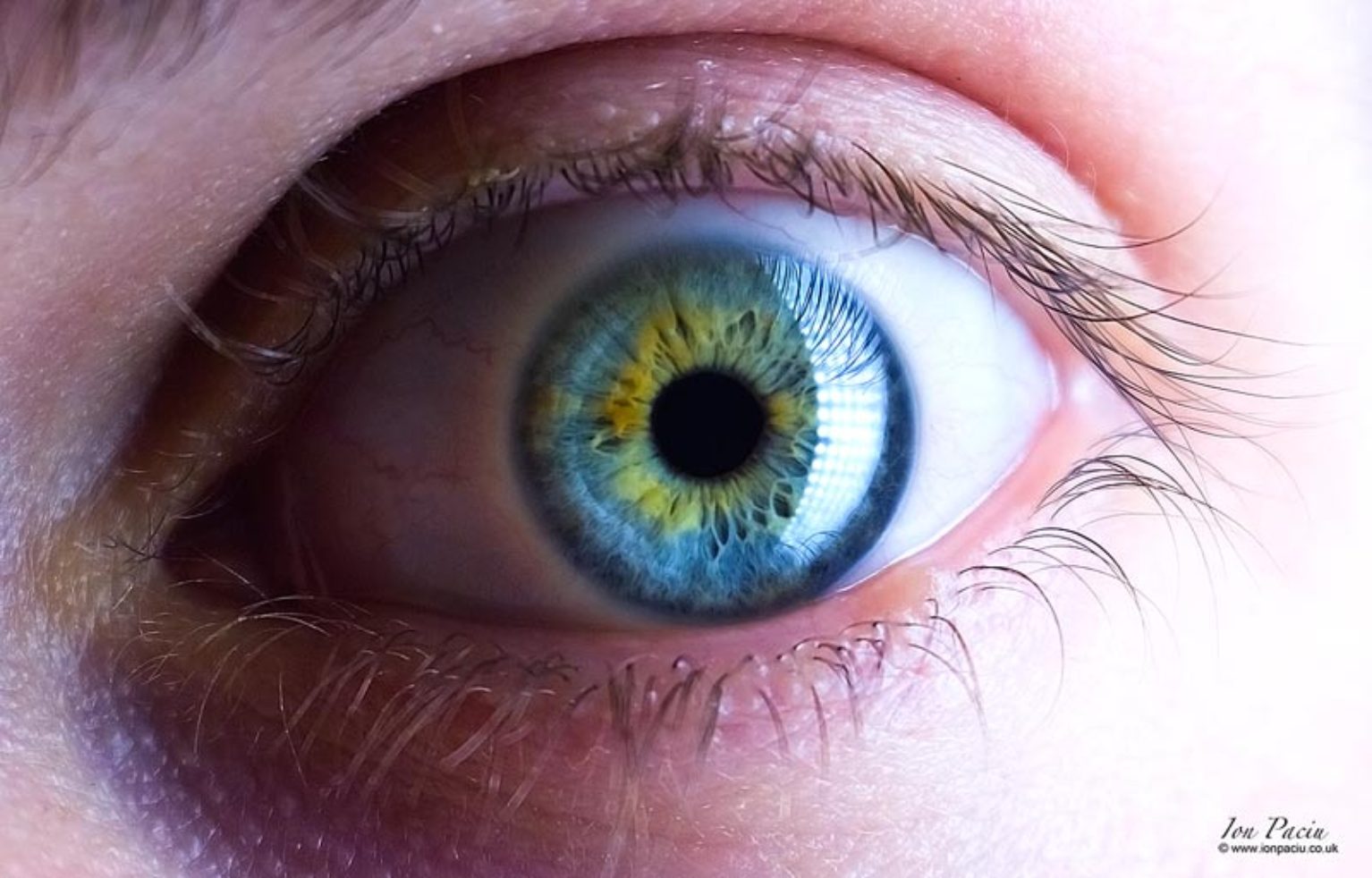
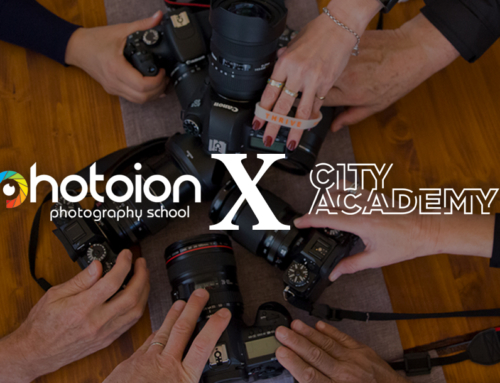
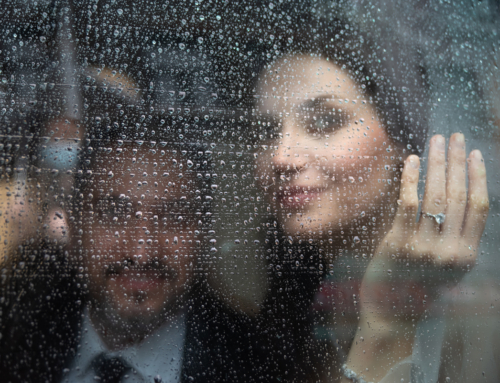
There are many proverbs about master’s skill that counts, not tools, warrior’s heart, not weapons… This is very obvious in this case.
FWIW, the only beef I have with entry-level DSLRs is dark viewfinder and difficult manual focusing that goes with it. I long for large, bright viewfinder with interchangeable focusing screens (usually microprism and simple one) on my ancient Exactas and Practicas…
That doesn’t seem to stop _you_, though… :o)
It doesn’t indeed, bonzi, nothing can stop me from taking the images I want, apart from some extreme situations, but that will stop anyone I guess, thank you so much!
Wonderful article, and so much true. I have two bodies and found out I make better photos with “worse” one.
Why? Because I am not afraid of losing or damaging it, so I take it everywhere. It became very natural for me to use it.
True! Well done!
Thank you Michal, true, the less I spend on a camera the less I care about it, and the more I focus on what matters!
I have a D5200 (my first nikon) – I still use it for landscapes, street photography, even had it on a model shoot the other night. I know which pictures are on the d500 and d700 but not many (unless they read the Exif data) will now which I’ve taken on the D5200. In fact I can’t tell the difference sometimes between all 3. I only have the high end spec cameras because the D5200 will struggle on a film set in low light so the D500 steps in. The D700 i use with my old film lenses which the D5200 can not use.
But I agree it’s the worst comment people make about a picture!
Great Mike thank you!
Great article and I agree with you about how good image quality is from entry level cameras. There a few things I’d like to mention though.
The reasons people buy professional cameras is not solely because of the image quality, that’s only one of the factors. Also, your examples are very limited and only based on one tiny section of the photography industry
Things like dual card slots are important to allot of pros, build quality and weather sealing can make all the difference. Higher FPS if you shoot wildlife or sports.Focus systems, being able to nail focus is very important in more challenging scenarios. Some may need better higher ISO performance. Photographers like myself need a really high-resolution camera to be able to print really big images for clients. Floor to ceiling corridor prints where people have very close viewing distances.
The wider angle of view can be extremely useful especially if you shoot architecture and specific lenses make the job so much easier.
Battery life and reliability.
Professional customer support.
Essentially any camera can do the job but it’s a matter of how effective they are and how much time it takes. Pro level gear cuts down the time and effort required to get the same results.
Hi Usman, of course all these have already been said many times, “professional” word is very misleading, there are no professional cameras, there are cameras with different technical capabilities, “quality” another misleading word, quality is photography is about the camera, please read the article carefully to understand the exact point of it.
Different wording, for me, but probably same meaning. Your tools can not make you a professional – whatever you do, only make your life easier (not guaranteed), like good enough writing instruments your prefer. Your camera battery (good or better) can not improve your skills and make your shots better, like the best possible pen or a notebook/word processing will never do your author’s job instead of you. This is clear.
From the other hand, when we are running the typical new camera shopping exercise and know – more or less – how we will use it, we usually pay more attention to general usability parameters, like body size and weight/balance, battery life, weather sealing (if needed), lenses availability, USB/WiFi/other interfaces, buffer size, memory vard type, RAW specifics, 3rd party support, screen and VF size and type etc. Almost nothing from this list directly linked to the user’s creativity and photo skills, but still important for the user. And nothing of it can be named “professional”. To my own experience, the entry-level bodies are not the best for me (the reasons may vary), thus I have to go to the next level and buy say midrange camera body just to have a couple of features or better usability. Nothing special.
Here another question comes, and this is even more important for me:
The images above are different – and visually perfect. How much time (in average) you have spent for editing? How you did it and what is your typical workflow? In general, what is the right balance between the photography skills and photo editing skills?
The average time in my editing varies from 1 minute to (sometimes) a bit more if there is spots cleaning needed. 99.99 skills (light, composition, planning, atention to details, etc.) The editing workflow is really imporant too, not to be understiamted but just to make clear that all my images are only one exposure, one image without any cutouts, background replacements, or any other so named “effects” applied in post postproduction. I only do basic adjustments where the case (contrast, brightness, noise reduction, colour correction, black and white conversion, etc.) and image optimisation whihc is paramount for electronic displayed photography. I hope yhis helps. Cheers
More images from different industries to be added soon, stay tuned!
Oh your article made my day Ion ! I keep hearing the same thing as you and try to convince people that the material doesn’t matter.
Also seeing people with 5k-10k€ worth of gear shooting in automatic is making me really sad … Marketing rules
Hi Edouard. indeed, the problem is the marketing is very powerful and it gives us lots of trouble, hence my campaign which tries to prove and show the real ingredients for taking great photographs. I added new images, please check the gallery. Best regards, Ion
A great article Ion. I’m a keen cyclist and am sometimes asked ‘how many gears does your bike have?’. Another example of a meaningless question. For cycling, it’s the legs that make the difference, for photography, it’s the eyes.
Thank you Gary, true! I love to inspire others!
Good point
Cheers Alan!
Really good article Ion. It can be very easy to get fixated on what the gear can do (and how much it cost) and forget about the knowledge behind ‘seeing’ the image.
Thank you Paul, indeed, hence my article, which aims to help people understand that a photographic camera, no matter the brand and how expensive is, it will not take photographs by itself, and it still needs a good pair of eyes and a trained brain behind it to function “effectively”. Cheers
[…] surprise! At a time when I felt a strong need to learn how to create beauty, I found myself with an entry-level DSLR in my hands. I have always loved nature and a recent visit to the Wildlife Photographer of the Year exhibition […]
I couldn’t agree more, I found this to be one of the most important pieces of photography related journalism I have read, in relation to this thought I also have been telling rookies and semi professionals it’s better to have a ten function camera and understand all possibilities than a 100 function one and only understand 10% of its settings as that will be detrimental to their possibilities.
How true Dave Townsy, cheers!
I gave up going to camera clubs for the same reason. People were more interested in the contents of my bag rather than the actual photographs. I have always maintained that someone with a good eye and an “instamatic” camera (showing my age) will produce better pictures than someone with a whole bundle of kit costing thousands with no idea of the potential of a situation.
Great Paul Roberts, gear-heads! I know what you mean!
HI, I came to your site after your amazon review. I need to buy a camera to make small you tube videos for business and also a camera for pleasure. I have no idea what to buy buy budget is key. I am thinking of getting the Canon EOS 200D EF-S 18 – 55 mm f/3.5-5.6 DC Camera after seeing your review. Would this be a good choice. I am not a professional at all and tried with a powershot but without the self flip screen – it was a miserable experience. Any advice would be warmly received.
I found your photos both stunning and enlightening. The timing was perfect as I was battling against purchasing the new Canon 200D as an upgrade from my 100D. I too have the same lenses as you used plus 3 others. I have had my basic 18-55mm kit lens hidden away believing it is useless according to all the reviews (it is the non-IS version). The ‘fors’ of upgrading would be the higher pixels and from what the reviews say; sharper clearer and better colour. Also the variable-angled screen may be useful for my back problems. The wireless function is probably 50/50 against, as I already have a Panasonic TZ90 that has this and I don’t use it that much. What goes against it possibly is the 45g extra weight. I have health issues and one of them is that I struggle with anything that is heavy (to me). I actually sold my first DSLR camera the 1100D because I found it too heavy. I would never be able to use fancy heavy lenses even if money was no object, as I struggle with the 55-250mm.
If I had one criticism of your photos, it would be of the nudes. While they are done very tastefully and artistically, you have used models that have no imperfections, with what most women would say ‘perfect’ bodies. Maybe you could do some from the other end of the scale? I see a very wrinkled older person done in black and white would be just as pleasing artistically.
Thank you for showing what can be done with the basics. Maybe I should get that 18-55mm kit lens out again after all :-)
Capyboppy I do not use pro models, very rarely, most of the models are just regular people and they are not perfect anyway, there are no perfect people or bodies, it’s al about the light, light handled properly makes everything looking really good!
Cheers
i started with D3100 kit lens18-55 3,5-6,5 sports photography but low light conditions made it impossible,cranking up exposure was not a good idea. Now i have ANikon D7100 with a a variety of lenses and is much better. Glass Glass Glass and knowledge about photography
paul sluyts did you read this post? Did you see the last image comparison??